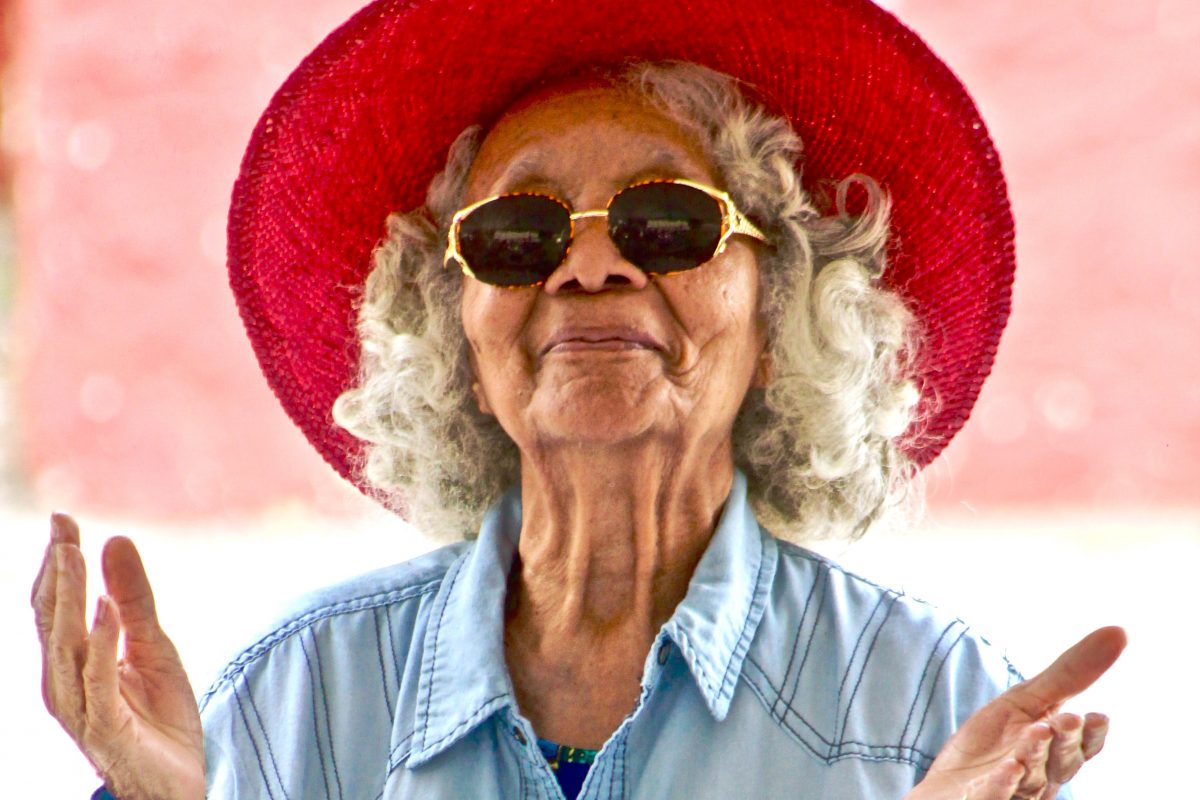
Why Life Can Get Better as We Age
Flinders University via EurekAlert – People say life gets better with age. Now research suggests this may be because older people have the wisdom and time to use mindfulness as a means to improve wellbeing.
Healthy ageing researchers at Flinders University say certain characteristics of mindfulness seem more strongly evident in older people compared to younger people – and suggest ways for all ages to benefit.
“This suggests that mindfulness may naturally develop with time and life experience,” says behavioural scientist Associate Professor Tim Windsor, who co-authored a recent study based on an online community survey of 623 participants aged between 18 and 86?years.
“The significance of mindfulness for wellbeing may also increase as we get older, in particular the ability to focus on the present moment and to approach experiences in a non-judgmental way.
“These characteristics are helpful in adapting to age-related challenges and in generating positive emotions.”
Mindfulness refers to the natural human ability to be aware of one’s experiences and to pay attention to the present moment in a purposeful, receptive, and non-judgmental way. Using mindful techniques can be instrumental in reducing stress and promoting positive psychological outcomes.
From middle age to old age, the Flinders University survey highlights the tendency to focus on the present-moment and adopt a non-judgmental orientation may become especially important for well-being with advancing age.
In one of the first age-related studies of its kind, the researchers assessed participants’ mindful qualities such as present-moment attention, acceptance, non-attachment and examined the relationships of these qualities with wellbeing more generally.
“The ability to appreciate the temporary nature of personal experiences may be particularly important for the way people manage their day-to-day goals across the second half of life,” says study lead author Leeann Mahlo, who is investigating mindfulness in older adulthood as part of her PhD research.
“We found that positive relationships between aspects of mindfulness and wellbeing became stronger from middle age onwards,” she says.
“Our findings suggest that if mindfulness has particular benefits in later life, this could be translated into tailored training approaches to enhanced wellbeing in older populations.”
Mindfulness skills can help build wellbeing at any age, adds clinical psychology PhD candidate Ms Mahlo.
Tips to develop mindful techniques include:
- Becoming aware of our thoughts and surroundings and paying attention to the present moment in an open and nonjudgmental way. This can prevent us from focusing on the past or worrying about the future in unhelpful ways.
- Understanding that our thoughts, feelings and situations exist in the moment and will not last. This can help us to respond in flexible, more optimistic ways to challenging circumstances, including those that we are facing with concerns related to the COVID-19 disease.
- Finding out more about mindfulness via app-based programs such as Calm, Headspace, Insight Timer, Smiling Mind, and Stop, Breathe & Think. These are available for use on computers or smartphones and offer flexible ways of learning and practising mindfulness – including for people now spending more time at home.
To read the original article click here.






